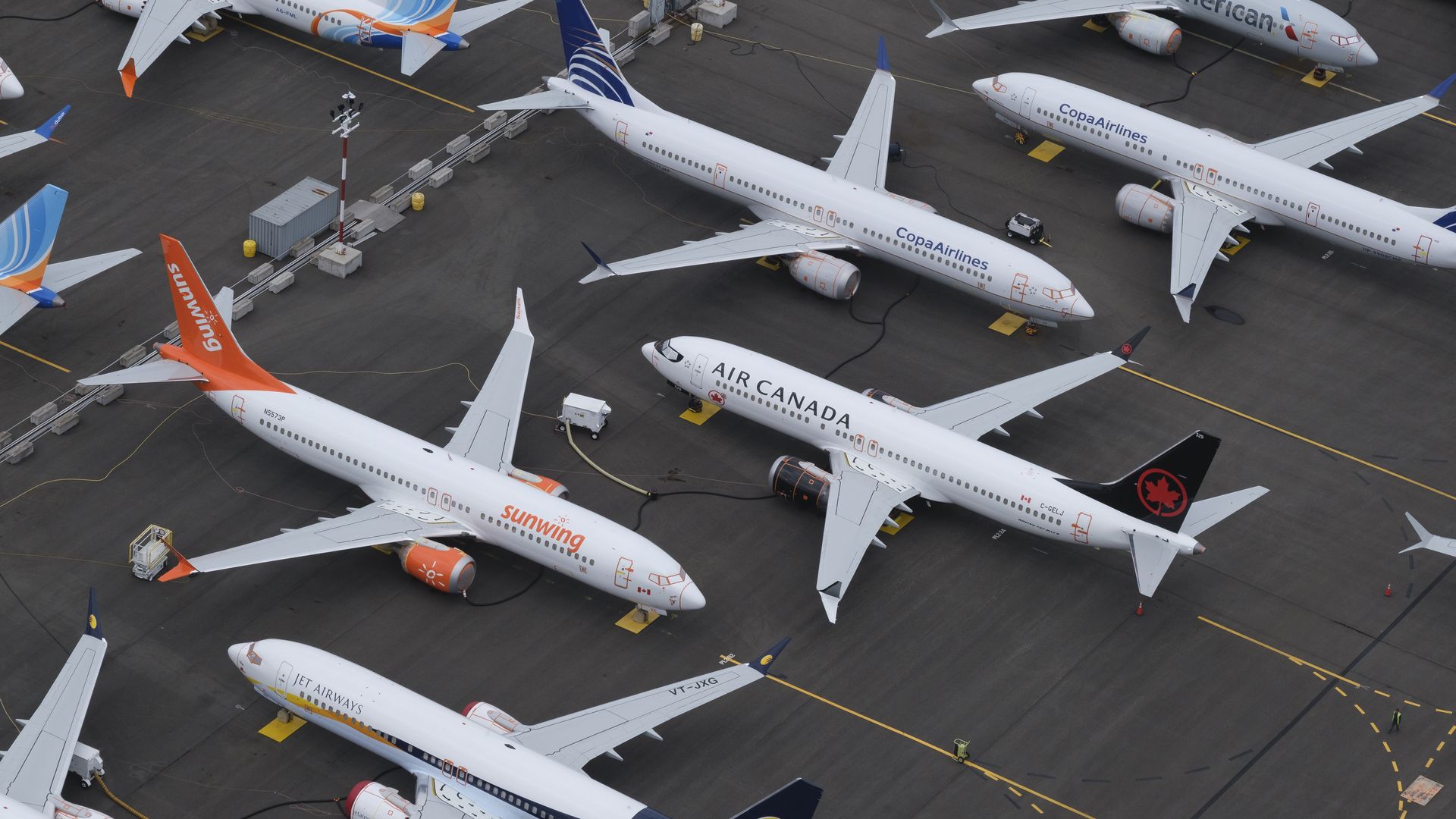 Data: U.S. Census Bureau; Chart: Naema Ahmed/Axios The consumer-spending pullback whacked businesses that were already struggling to recover from the initial hit from the pandemic, data from the U.S. Census Bureau show. Why it matters: This month's lockdowns (or people curbing their own activity for safety reasons) will be a bigger setback for these same shops in the weeks to come. The winners: Some shops have seen a complete recovery — and then some. - Spending at car dealers and auto part shops is 10% higher now than last year, thanks to a hotter car market in the wake of the pandemic.
- Nonstore retailers, such as e-commerce giants like Amazon, rose 29% year over year.
The losers: That was not the case for restaurants: Heading into a second round of economic restrictions, the recovery in spending at restaurants has already flatlined. - Sales at restaurants are more than 14% lower from this time last year.
- At clothing stores, sales are nearly 13% lower from last year.
Zoom out: Overall, consumers continued to spend in October — but not nearly as ferociously as prior months. - Retail sales edged up 0.3% — the smallest monthly rise in sales figures since May, when shopping initially rebounded from the record drop early on in the pandemic.
- It's raising red flags about the economic recovery, which will depend heavily on strong consumer spending.
What's happening: It could be "the start of a negative turn in consumption — either due to rising COVID cases or the potentially millions of unemployed workers reaching the end of their CARES Act savings," Curt Long, chief economist at the National Association of Federally-Insured Credit Unions, said in a press release. The bottom line: "October retail sales were underwhelming, but the retail outlook for November is even bleaker," Morning Consult economist John Leer noted, citing the research firm's own data that show falling consumer confidence this month. - Economists at JPMorgan said in a note to clients that weak Chase card spending data "underscore that the momentum loss is building into November."
| 





No comments:
Post a Comment